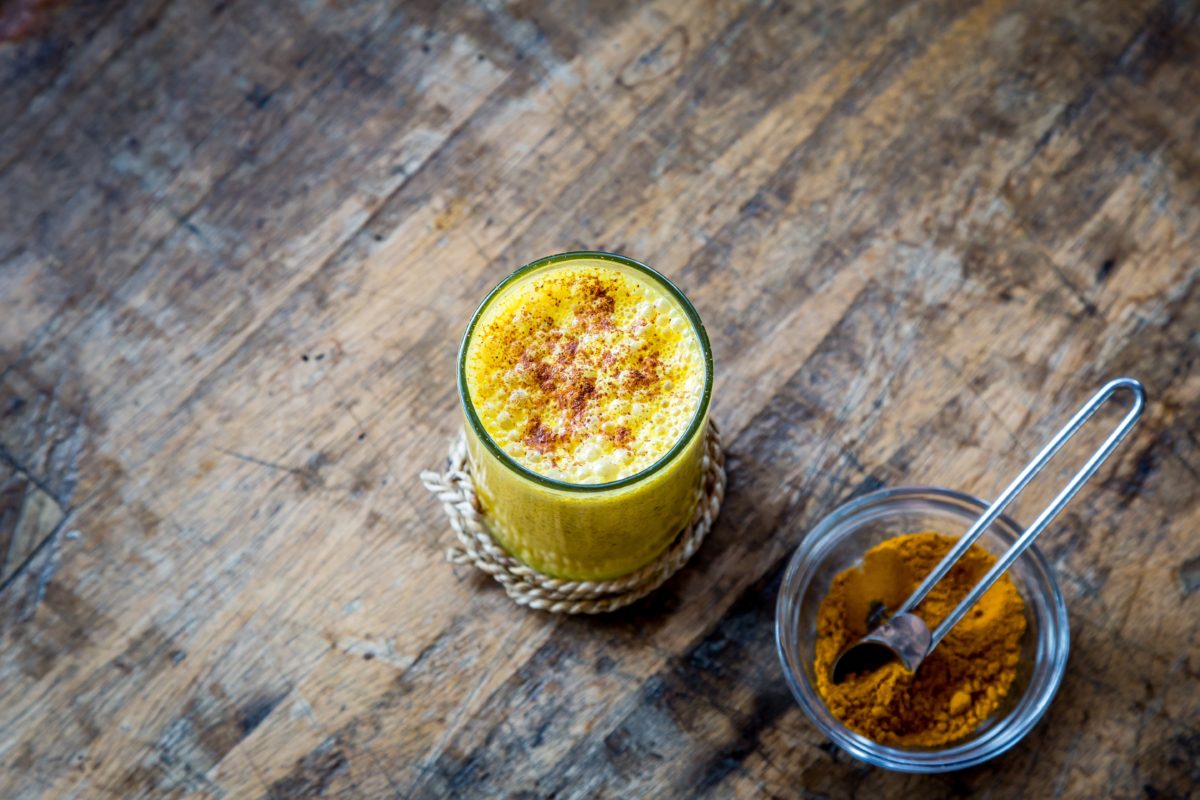? by Osha Key on Unsplash
What is Curcumin?
Curcumin, or Curcuma longa, is a major ingredient in the Turmeric root. It is a ginger-like plant used for its powerful healing properties in China, the Middle East and India. Turmeric refers to the plants underground stem, rich in a variety of powerful ingredients collectively and generically known as Curcuminoids, with Curcumin being the prominent constituent. Turmeric is widely available as a fine, bright-yellow powder. It is a major constituent in curry, giving it both its color and flavor. Traditional Indian medicine has used Curcumin against biliary disorders like issues with the gall bladder, cold symptoms, and swellings caused by injury. The Himalayan system of medicine recommends turmeric for insect stings, wounds, inflammation, pimples and as a skin tonic. This is why many of today’s DIY face masks and cleansers use Turmeric as the main ingredient to stave off acne, blemishes and discoloration.
Research on Curcumin Today
Research on this herb today is exploding, with more than 2000 reports presently available. This is because Curcumin has been shown to act on multiple targets in the human body and at multiple levels.
Memory
Over the years, studies have shown that Curcumin, or taking Turmeric itself, specifically improves memory in older individuals. Researchers at UCLA’s Longevity Center 40 older people with mild memory complaints into their study. Their age ranged from 50 to 90. They were randomly given Curcumin or placebo (a sham capsule) twice a day for 18 months. The participants were given cognitive assessment tests at the start of the study and every six months and their blood was tested to make sure they were actually taking the herbal ingredient. Many also received PET scans of their brains at the start of the study and again at the 18 month point.
A new study says Curcumin may also provide support against diabetes!
Results show the individuals who took Curcumin had a 28% improvement in their memory over the 18 month period. The people on the placebo had no improvement. Those taking Curcumin also had a mild improvement in their mood. Their PET scan also showed significantly less evidence of beta-amyloid brain plaques and less of the tangled mess of nerve tissue known as tauopathy which are both found in Alzheimer’s disease; this was in their amygdale and hippocampus – regions of the brain involved with memory and emotional functions. The study is published in The American Journal of Geriatric Psychiatry.
Mood
A study published in the journal Phytotherapy Research shows BioCurcumin may benefit individuals with depression. In a small study of sixty patients with major depressive disorder (MDD), participants were split into three groups of 20 and given either 500mg capsule of BioCurcumin twice daily, 20mg daily of fluoxetine, or the combination of BioCurcumin with Fluoxetine. All three groups had good improvement in their level of depression. The proportion of responders as measured by the HAM-D17 scale was higher in the combination group (78 %) than in the fluoxetine (65 %) and the Curcumin (63 %) groups.
Click here for Jerry Hickey, R.Ph’s take on Curcumin!
Reaping the Benefits of Turmeric (Curcumin)
While the benefits of Turmeric extend to inflammation and tenderness, this potent herb can be difficult to absorb. Using Turmeric as a spice adds both flavor and a health-kick, taking Curcumin as a herbal supplement has been shown to produce a more profound effect. Combining Curcumin with 5-Loxin®, a frankincense plant, actually helps in the absorption of the nutrient and with joint discomfort, as it inhibits one of the pathways that cause inflammatory responses throughout the body. Because of this, the combination – called Bio-Curcumin® 5-Loxin® – is a powerful herbal support for joint tissue, brain and intestinal health all in one!
Questions on Curcumin? Leave us a comment below to join the conversation!





